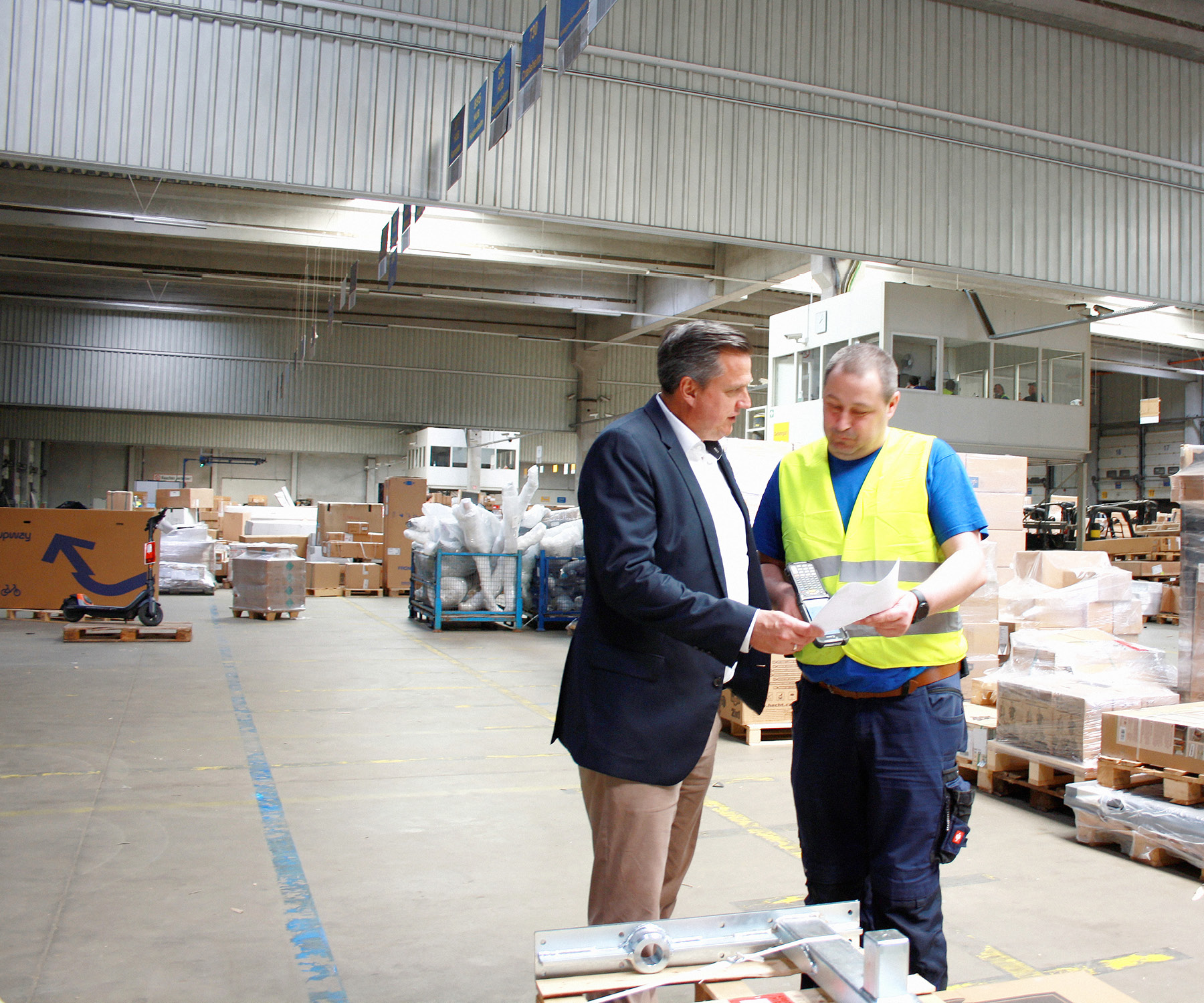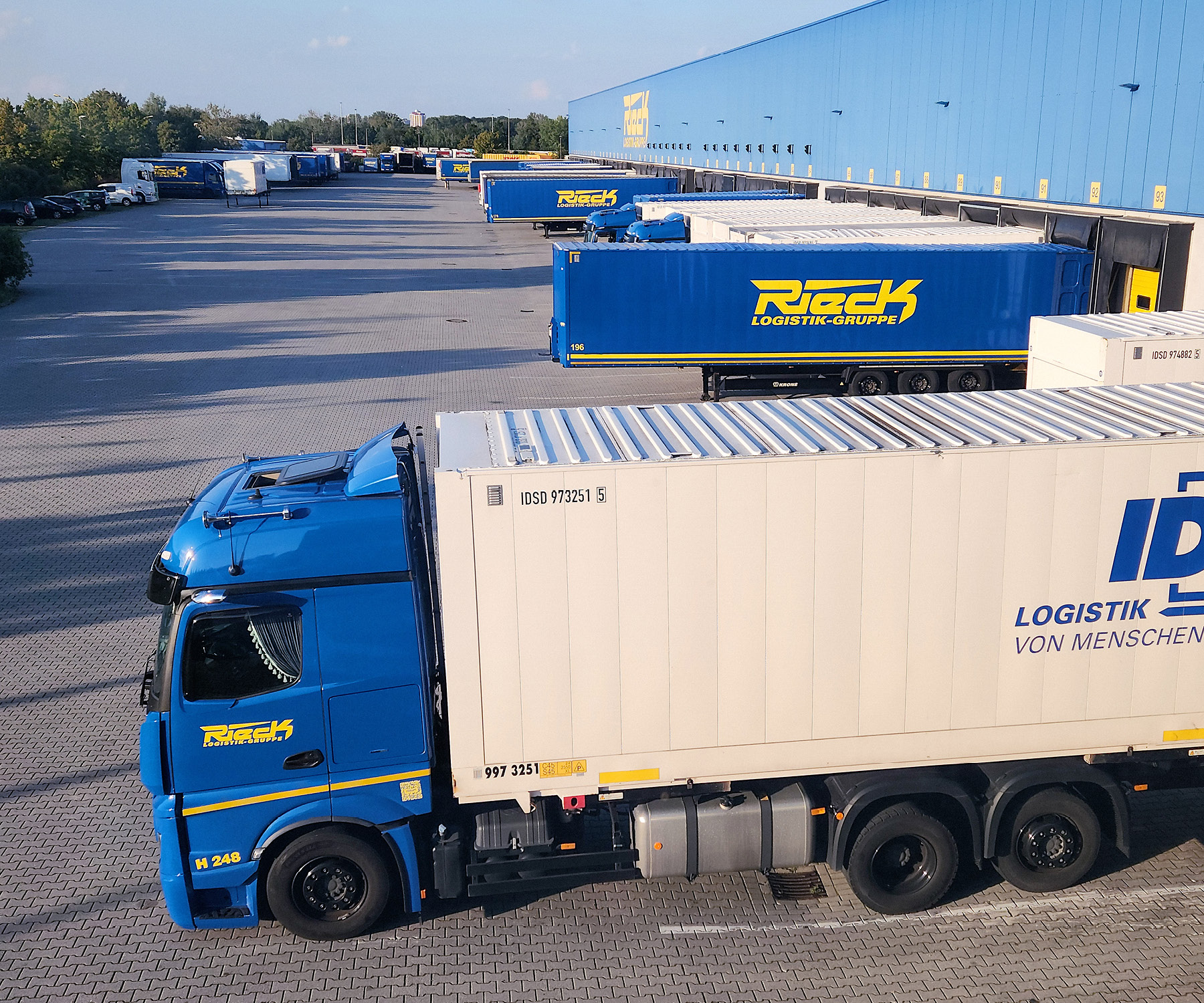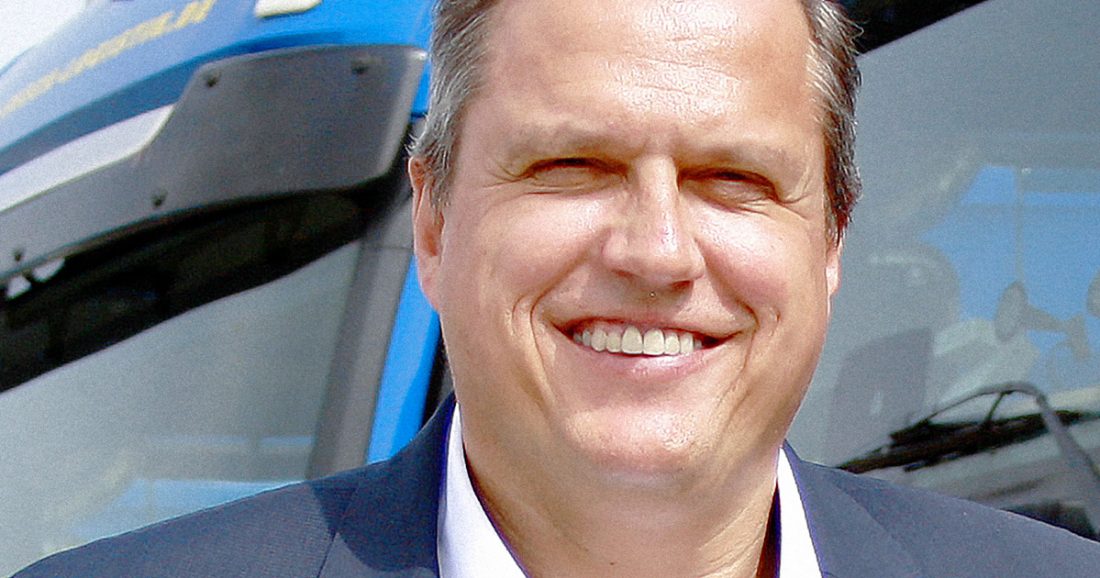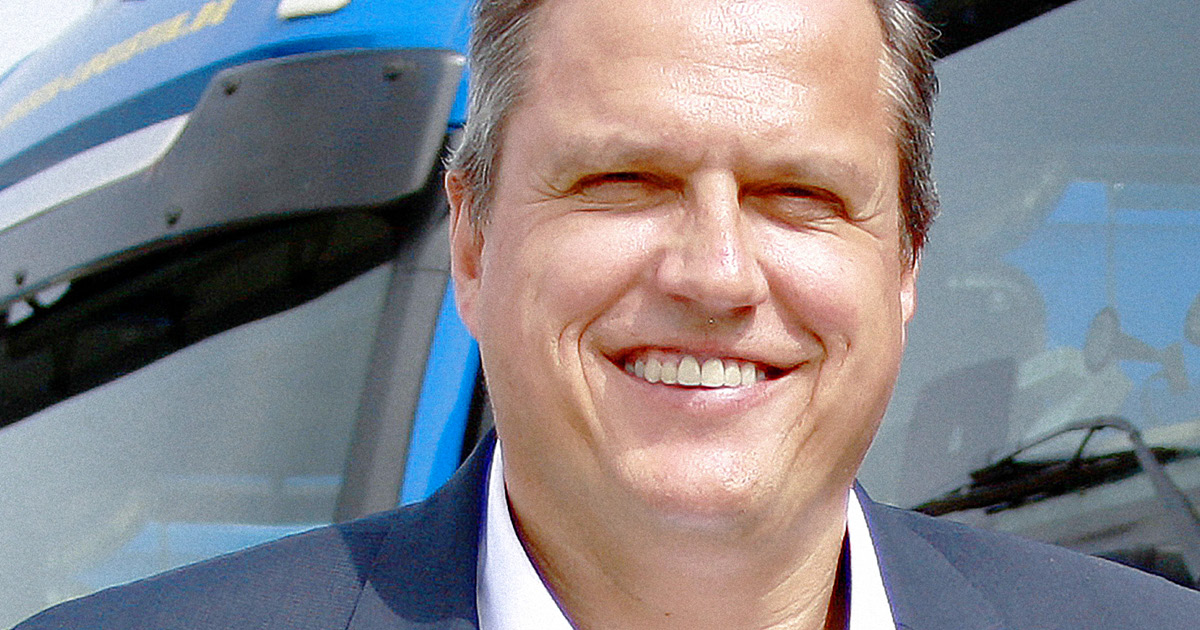After 25 years in the logistics and transport industry, it’s fair to say Sascha Lassau, Managing Director at logistics firm Rieck System Forwarding has seen a lot.
“To tell you the truth, I’m quite addicted to the industry, even with all the ups and downs,” he explains.
Unlike many of his peers at school, Lassau knew from an early age that he was adamant on following a career linked to transportation. But when he was looking for universities offering courses in logistics studies, his options were very limited.
“Today it has changed,” he says. “But at the time it was something special.”

“We have to be agile, we have to be fast, we need to be the front-runners.”
After his studies at the University of Applied Sciences Braunschweig, Lassau joined a family-owned business, WM Group, as a project implementation manager and became Head of Sales for Contract Logistics for Germany and Benelux.
Following 18 years in successful roles at DB Schenker, where Lassau managed key global accounts such as Nokia and took on operational and profit and loss responsibility, he decided it was time for a major change.
“I was asking myself, ‘Will you manage this for the rest of your life, or are you willing to leave your comfort zone?’”
He decided to leave his comfort zone in January 2023 for a very good reason.
“That reason was Rieck,” he says, even if that means a 4am wake-up call every Monday morning to commute from his family home in Duisburg in western Germany for the six-hour drive to Rieck’s offices in Berlin.
Evolving Global Logistics
With capabilities that extend across sea, road and air freight, as well as warehousing, trade fair and events transportation and disposal logistics, Lassau is leading the family owned Rieck division at a time of unprecedented disruption in the logistics space.
From the COVID-19 pandemic, to war and global economic unease, Lassau has never seen this situation before in his career.
“The landscape, in my opinion, is undergoing a significant transformation process,” he says. “It’s not only big data, but it’s also AI. From the perspective of the logistics industry, we have to prepare in a fast, efficient and agile way to manage these supply chain disruptions through our mindsets, technology, infrastructure and operational excellence. All these things need to excel.”
If his extensive background in the industry has taught him one thing, it’s that it’s better to make a wrong decision than no decision.

Advertisement
“In the best case, you learn from a wrong decision, but no decision is blocking. And it’s even more blocking for a mid-sized company,” he says.
“Therefore we have to be agile, we have to be fast, we need to be the front-runners.”
Rieck is able to harness a leading edge thanks to the effective partnerships the firm has developed over the years. On the local, regional and global levels, collaboration is central to Rieck.
The increasing importance of data tools and solutions has made the partnership with transport management software firm CADIS especially vital. Offering a solution that tracks, automates and optimizes logistics for business, CADIS is an effective partner for Rieck and other businesses that plan and execute transportation services.
“It’s part of our culture, and our past collaborations are part of our success story,” Lassau says.
Love What You Do
Another key facet of the Rieck success story is its people. “Our culture and our people play a crucial role,” he explains. “What makes Rieck particularly unique is the high degree of people being with the company for many, many years.”
“We really value teamwork, integrity and the focus on our customers. Of course, we like to try to foster a positive work environment to make sure that employees feel valued and empowered to contribute their best work to Rieck.”
With one eye on the value that experienced staff can bring to the company, Lassau understands that fostering the next generation of talent is vital if the logistics firm is to thrive long into the future. And he appreciates his role is to set the example.
“You learn from your superiors, and for me it’s about walking the talk,” he explains.

“It’s never too late to leave your comfort zone.”
“If I make a promise, if I decide on something, then I have to deliver on it. It’s important for your people to see that you’re reliable.”
But he draws his biggest lesson from his decision to join Rieck.
“Work is a lifetime. You need to love or like what you do,” he says.
“If you don’t like it, talk to your superiors, find a solution. If it’s not feasible to find a solution, then you need to change it. It’s never too late to leave your comfort zone.”




